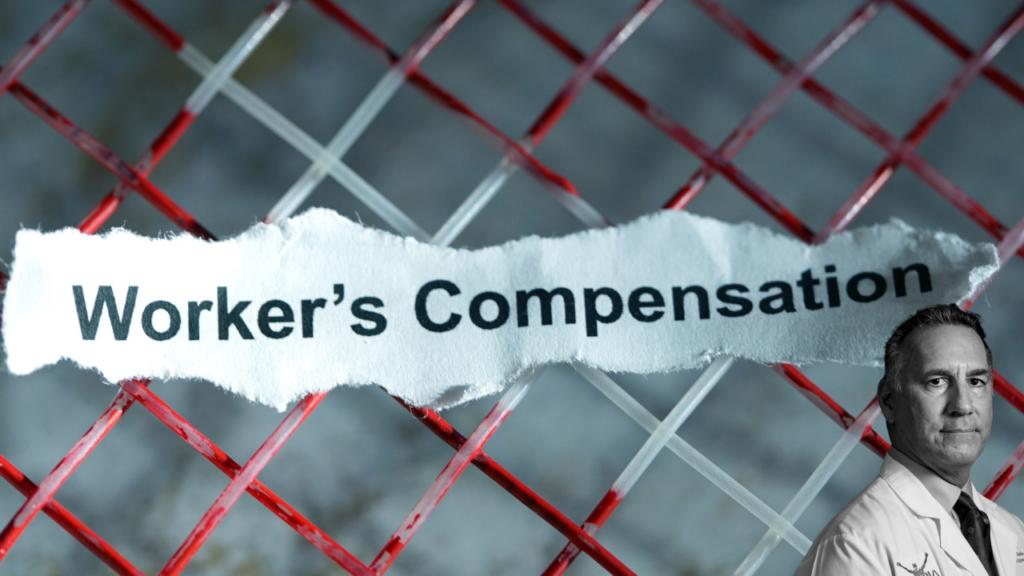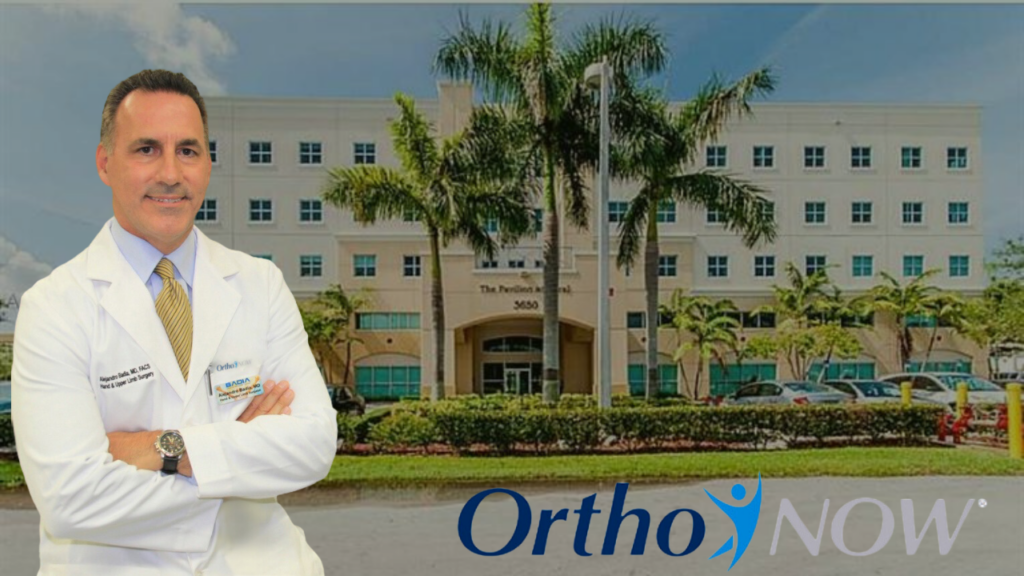Published on fsmmag

Although employer and worker’s compensation protocols for addressing work-related accidents may be slow to change, Dr. Badia advises employees to take personal responsibility by:
MIAMI — More than 90 percent of all work-related trauma is orthopedic in nature, yet oftentimes the injured employee is sent to an occupational health center – or even a hospital emergency department — where practitioners may have limited knowledge for treating musculoskeletal problems, according to Miami-based orthopedic surgeon and founder of OrthoNOW Alejandro Badia, MD.
He warns that failure to promptly direct the injured patient to a board-certified orthopedic specialist can substantially delay an employee’s return to work and prove ultimately costlier for both patient and the patient’s employer.

Seeing the right clinician at the right time is what will get valuable workers back to their jobs faster and more cost-effectively, reduce overall workers compensation liability, avoid early retirement, and limit chances that the employee’s injury will develop into a more complex, longer-term problem because of treatment delays
Dr. Badia

Monday- Friday: 8:30AM- 5:00 PM
Saturday- Sunday: Closed